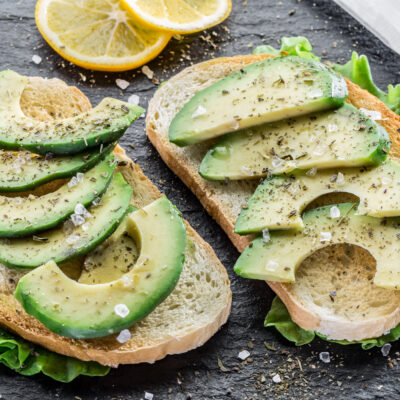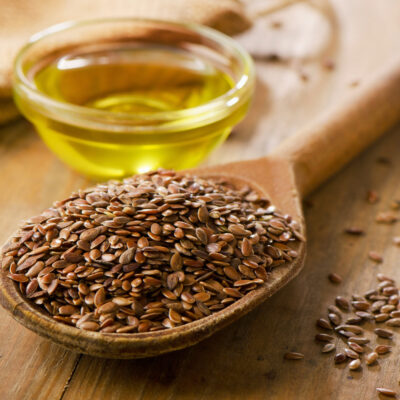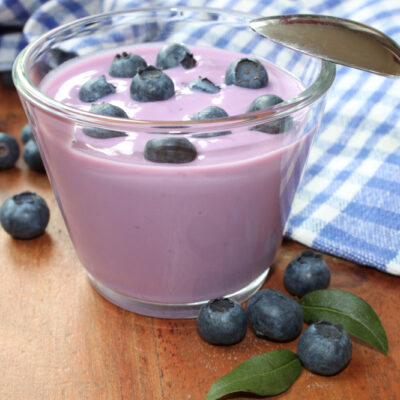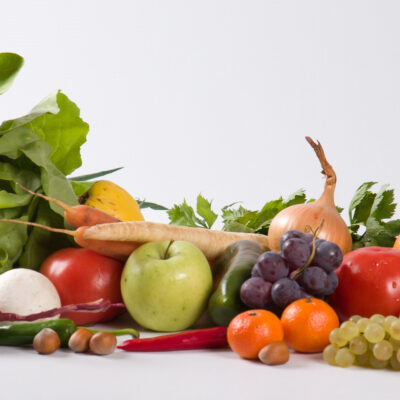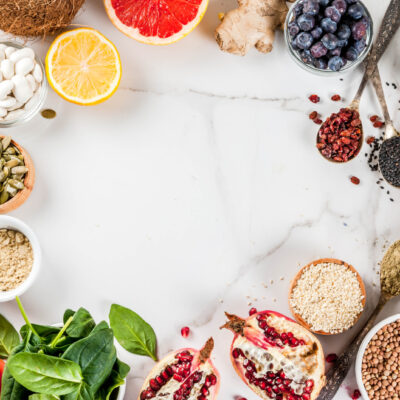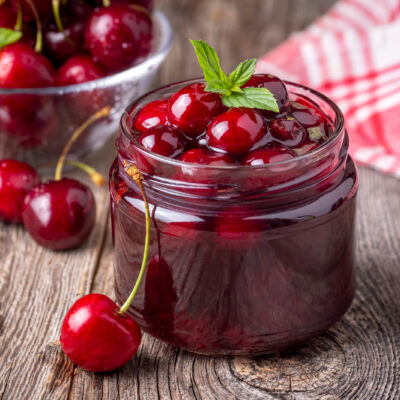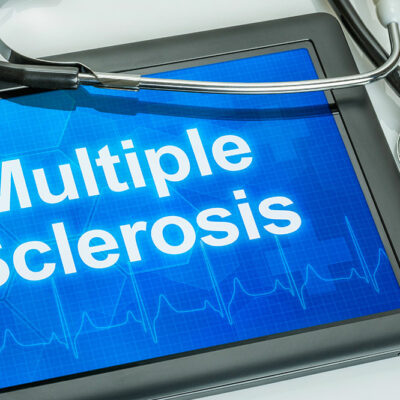
Food
7 Foods That Cause Acid Reflux and Heartburn
Heartburn is typically experienced as a fiery pain centered in the area directly behind the breastbone. Both the location of the discomfort and its name typically lead people to assume that heartburn is a cardiovascular disorder. But it’s actually a digestive issue where stomach acid flows back up into the esophagus. It’s typically triggered when people eat food that they have trouble digesting. The following foods are among the most common causes of heartburn: 1. Spicy foods Who doesn’t love a little spice in their meal? Sadly, many people find that their tongue loves spicy food but their stomach strongly disagrees. Hot spices provide their distinctive kick by irritating tissue. We often find that it provides a nice flavor. But once spices reach the stomach they can cause massive irritation. This can trigger heartburn in people prone to the condition. 2. Alcohol Many people find a nice alcoholic beverage to be the perfect way to relax. However, those beverages can also relax the lower esophageal sphincter. In doing so it essentially opens up one of the main paths by which stomach acid can travel right back up the esophagus. And in the process, it will trigger heartburn. 3. Processed snack foods Snack foods like chips and cheezies probably seem like they’re in a whole other league when compared to hot spices or alcoholic beverages.
Read More 
